That we occasionally violate our own stated moral code does not imply that we are insincere in espousing that code
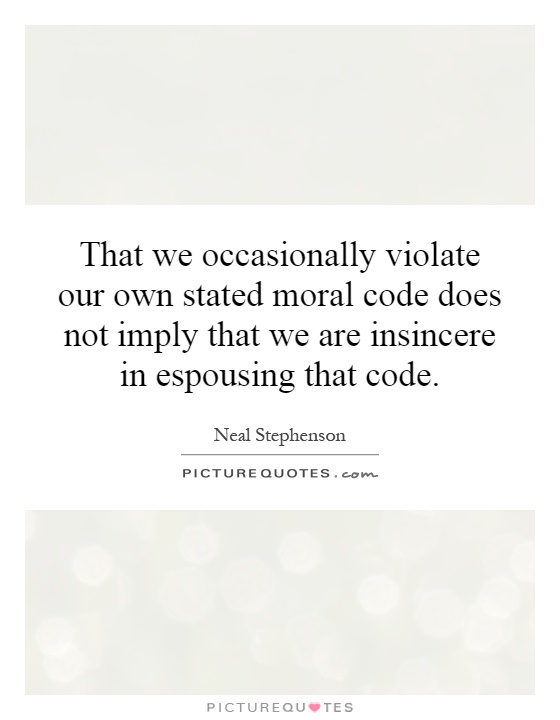
That we occasionally violate our own stated moral code does not imply that we are insincere in espousing that code
Neal Stephenson is a renowned science fiction author known for his complex and thought-provoking novels that often explore themes of technology, society, and morality. In his works, Stephenson frequently delves into the complexities of human nature and the ways in which individuals navigate the moral dilemmas they face.The statement, "That we occasionally violate our own stated moral code does not imply that we are insincere in espousing that code," is particularly relevant in the context of Stephenson's writing. In many of his novels, characters grapple with conflicting moral principles and struggle to reconcile their beliefs with their actions. Stephenson's characters are often flawed and imperfect, making decisions that may seem contradictory to their professed values.
One of Stephenson's most famous works, "Snow Crash," explores the intersection of technology, language, and morality in a dystopian future. The protagonist, Hiro Protagonist, is a skilled hacker and swordfighter who navigates a world where virtual reality and physical reality are increasingly intertwined. Throughout the novel, Hiro is forced to confront his own moral code and grapple with the consequences of his actions.


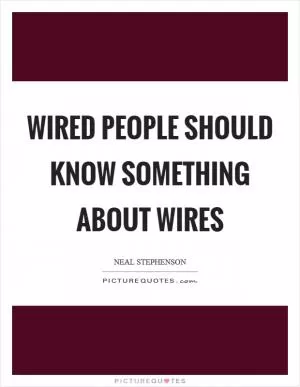
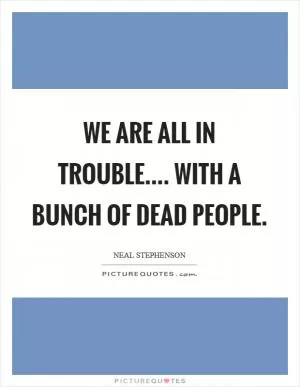
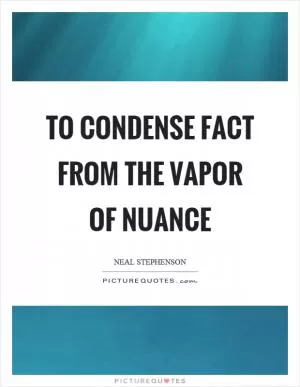





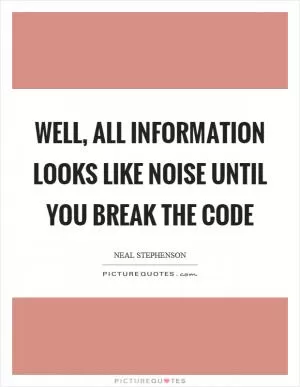
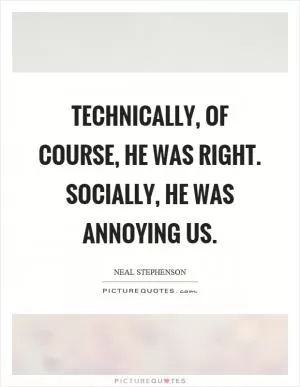
 Friendship Quotes
Friendship Quotes Love Quotes
Love Quotes Life Quotes
Life Quotes Funny Quotes
Funny Quotes Motivational Quotes
Motivational Quotes Inspirational Quotes
Inspirational Quotes